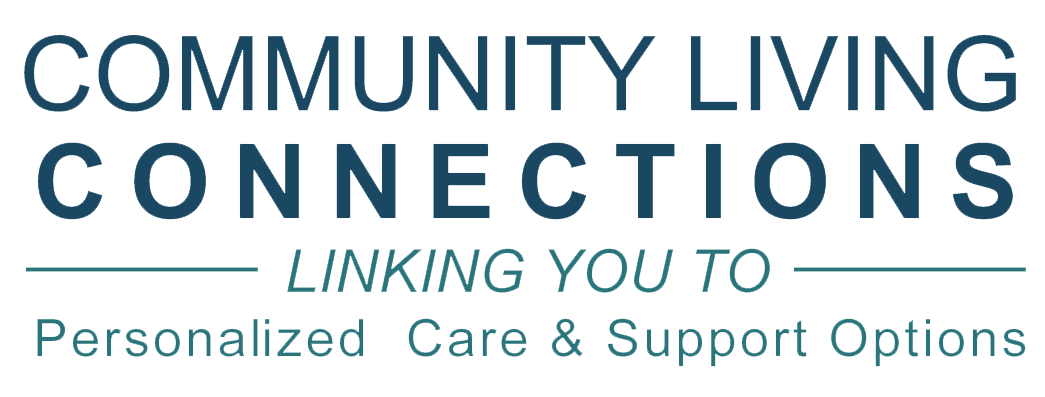Call Toll-Free
1-855-567-0252
1-855-567-0252
Civil Rights Assistance
Civil Rights Assistance is provided to people who are facing discrimination where they live, work, or in their community; and in trying to access services and benefits.
What laws protect me from discrimination?
Particular federal and state laws protect certain individuals against discrimination:
- The Bill of Rights is the collective name for the first ten amendments to the U.S. Constitution guarantee a number of personal freedoms, limit the government's power in judicial and other proceedings, and reserve some powers to the states and the public.
-
Civil Rights Act of 1964: prohibits discrimination on the basis of race, color, religion, sex, or national origin.
- Title VII of the Act prohibits employment discrimination.
- Title VIII of the Act (Fair Housing Act) prohibits discrimination in the sale, rental and financing of dwellings based on race, color, religion, sex or national origin.
- Indian Civil Rights Act of 1968 (ICRA) says Indian tribal governments cannot enact or enforce laws that violate certain individual rights. Learn more…
- Americans with Disabilities Act of 1990 prohibits discrimination and guarantees that people with disabilities have the same opportunities as everyone else to participate in the mainstream of American life -- to enjoy employment opportunities, to purchase goods and services, and to participate in State and local government programs and services. Modeled after the Civil Rights Act of 1964, which prohibits discrimination on the basis of race, color, religion, sex, or national origin – and Section 504 of the Rehabilitation Act of 1973 -- the ADA is an "equal opportunity" law for people with disabilities. More information can be found in the U.S. Department of Justice, Civil Rights Division’s A Guide to Disability Rights Laws
- Washington Law Against Discrimination (WLAD), Chapter 49.60 of the Revised Code of Washington (RCW).
Under WLAD, discriminatory practices on the basis of protected class are illegal in the areas of:
- Employment;
- Housing;
- Places of Public Accommodation;
- Real Estate and Credit Transactions; and
- Insurance
Protected Classes include:
- Race/Color;
- National Origin;
- Creed;
- Sex/Pregnancy;
- Sexual Orientation/Gender Identity;
- Veteran/Military Status; The presence of any sensory, mental, or physical actual Disability or perceived Disability;
- Use of a Service Animal;
- HIV or Hepatitis C;
- Marital Status (except in public accommodation);
- Breastfeeding (in public accommodation);
- Age (40+, employment only);
- Families with Children (housing only); and
- State Employee Whistleblower.
Where can I go for help if I believe I have been discriminated against?
The following organizations are responsible for helping people understand their rights under federal and state law and to provide assistance where able:
- Washington State Human Rights Commission; responsible for administering and enforcing the Washington Law Against Discrimination (WLAD)
- Disability Rights of Washington protects the rights of people with disabilities statewide. It provides information on disability rights, technical assistance for disability issues, self-advocacy strategies, community education and training, and legal services for disability rights violations.
- American Civil Liberties Union (ACLU) handles civil liberties and civil rights matters that happen in the state of Washington. ACLU provides information, coaching on self-advocacy, referrals, and undertakes specific lawsuits that will defend or extend fundamental civil liberties and civil rights and will affect a large number of people.
- Seattle Office for Civil Rights advances civil rights and removes barriers to equity by enforcing discrimination and labor standards laws.
- King County Office of Civil Rights & Open Government investigates and resolves complaints of discrimination (employment, housing, public accommodations, contracting), provides education, and offers technical assistance.
- Fair Housing Center of Washington advocates for fair housing, and provides training, education and outreach in Western or Central Washington. Individuals who have an allegation of discrimination relating to a housing transaction may contact the Fair Housing Center of Washington. Staff will conduct an intake to ensure that the housing issue relates specifically to a protected class under federal, state or local fair housing laws.
- Northwest Fair Housing Alliance advocates for fair housing, and provides training, education and outreach in Eastern Washington
- U.S. Equal Employment Opportunity Commission (EEOC) is responsible for enforcing federal laws that make it illegal to discriminate against a job applicant or an employee because of the person's race, color, religion, sex (including pregnancy), national origin, age (40 or older), disability or genetic information. It is also illegal to discriminate against a person because the person complained about discrimination, filed a charge of discrimination, or participated in an employment discrimination investigation or lawsuit. To find the nearest field office, click here.
-
Office of Fair Housing and Equal Opportunity, U.S. Department of Housing and Urban Development (HUD) attorneys can bring actions before administrative law judges on behalf of victims of housing discrimination. Complaints can be filed online, through email and through the phone.
- HUD-approved Housing Counseling Agencies in Washington State offer guidance on home buying, renting, reverse mortgages and default and foreclosure prevention.
- Washington Homeownership Resource Center is a free information and referral service for homebuyers: 1-877-894-HOME (4663)
- Centers for Independent Living serve as resources for individuals with disabilities to fully access and participate in the community through outreach, advocacy, and independent living skills development.
Washington’s Community Living Connections staff are available to help you explore your options to meet your current needs or create a plan for the future.

